Examination of National and Ethnic Identity from narratives (2006-2008)
Project type: Ányos Jedlik Programme NKFP6/2005 project
Duration: 1 January 2006 - 12 December 2008
Funding: Agency for Research Fund Management and Research Exploitation (KPI)
Consortium members:
- University of Pécs, Institute of Psychology (coordinator) [link]
- Hungarian Academy of Sciences, Research Institute of Psychology [link]
- University of Szeged, Department of Informatics, HLT Group [link]
- MorphoLogic Ltd. Budapest [link]
- Research Institute for Linguistics at HAS, Department of Corpus Linguistics [link]
Brief project summary
During the research, we explored the historically changing strategies of identity construction in historical narratives of traumatic events of the Hungarian historical past (Trianon, World War II, Holocaust, 1956) with the help of automated language analysis methods. The analyzes explored the processes in which different qualities of the Hungarian national identity are shaped. They also enabled us to map the trends and psychological conditions of change and the knowledge of the processes of coping with negative historical events.
Another important element of the research is the analysis of parallel stories, e.g., the history of the Austro-Hungarian Monarchy from Austrian and Hungarian viewpoints in the field of group references, evaluation perspectives and the comparison of group aims. We identified, on the level of the text, formal and informal groups separated in historical memory, language patterns of group agency, group aims, subjectivity, inter-group relations, struggle and emotional identification and their connection with agents. To this effect, we prepared a language analyzer for the following concrete psychological processes: group agency, group proximity and abduction, emotional evaluation, group struggle, group viewpoint, and change of viewpoint, time continuity and discontinuity.
The project aim was of double nature. On the one hand, we created a content analysis software that is able to analyze content above sentence level. On the other hand, we aimed to deepen present knowledge of Hungarian national identity, modes and components of the identity construction and the influential factors of changes. Within the latter topic, we compared stable and changing social psychological constructions, analyzed the relationship between competing representations and checked the generational hypotheses referring to the representation of traumatic historical events. Our further aim was the description of the strategies for coping with loss, shame, and the sense of guilt and the examination of the appearance of different perspectives in historical narratives: distribution of responsibilities, distribution of agency vs. submission, the appearance of endangerment vs. safety and solitude vs. interdependence, the appearance of the evaluation pattern of acceptability and unacceptability from the viewpoint of the group as well as narrower and wider social environment.
Preliminaries
Two earlier national R&D projects are connected directly to the present proceedings: the IKTA 27/2000 project (Development of a Part-of-Speech Tagging Method for Hungarian by using Machine Learning Algorithms), which came up with an automatized solution for the morphological analysis of Hungarian words; and the IKTA 37/2002 project (Machine Learning of Syntax Rules), which aimed at the development of automatic learning methods for identifying Hungarian syntactic regularities.
In the field of psychology, a research of long years has preceded this project. A number of further R&D projects aimed at research similar to our present project in topic. The examination of cultural patterns of biography, biography as social representation project aimed at the exploration of characteristic event patterns in biographical narration appearing in Hungarian culture. The aim of the project titled A study of national identity based on the narrative representation of history was the identification of national identity patterns and a study of their transmission in the most popular historical novels. Another project aimed at the mapping of the narrative organization of temporal representation and the exploration of psychic experience patterns through the content analysis of significant life events of normal and traumatised persons, as well as the exploration of the psychological concerns of results. Finally, the project Social struggle patterns and the identification of identity construction processes in historical narratives aimed at the study and analysis of the patterns mentioned in the title.
Results
The planned research set two aims, and the results can also be grouped into two types.
- The realisation of linguistic analysis software available for the research community, which helps to obtain data and conclusions about inter-group relations and group identity in narrative texts. While earlier developed programs are suitable for the identification of intra-sentential configurations, the new developments serve for the search of patterns above the sentence level. The development of the programs is necessary for the exploration of the representations formed by ethnic-national groups for the community about significant (historical) events. These are the representations along which members of the community develop their ethnic, national, and cross-national identities. Analyzes enabled by the programs put the theories (realistic conflict theory, social identity theory, inter-group relations theory) traditionally referring to present tense processes into a diachronic (historical) perspective.
- To gain controlled information about Hungarian national identity, modes of identity construction, their stable and changing components, and influential factors of changes, which are comparable to the experiences of earlier research and form a basis for social planning and decision making.
Knowing that group narratives related to historical events are parts of our cultural heritage and express forms and states of group identity, we intended to throw light on questions of national cultural heritage and the challenges of the future.
